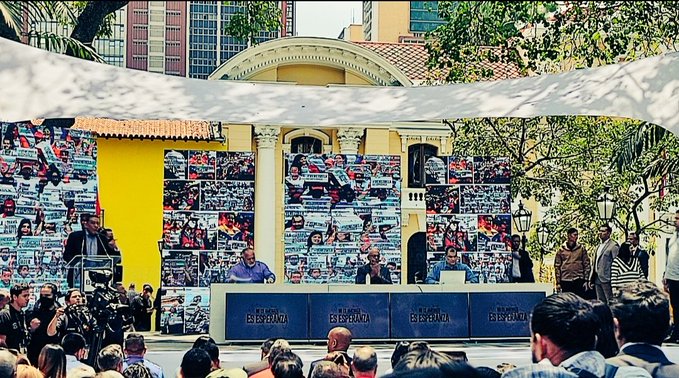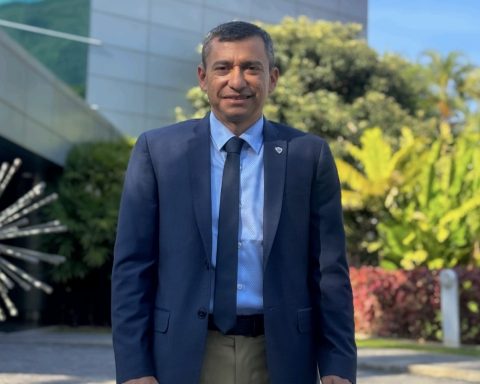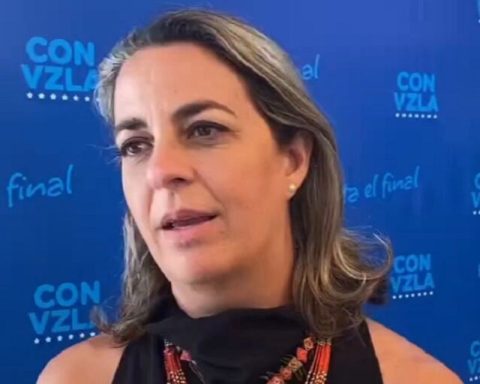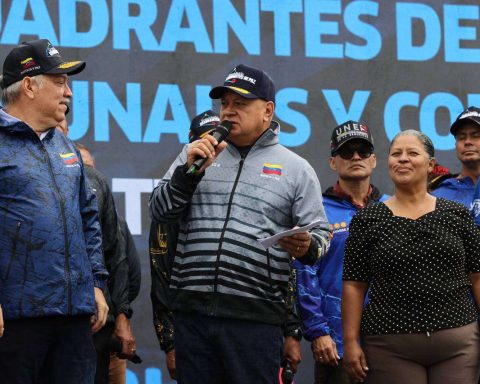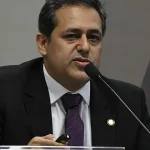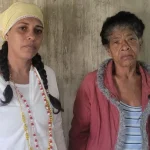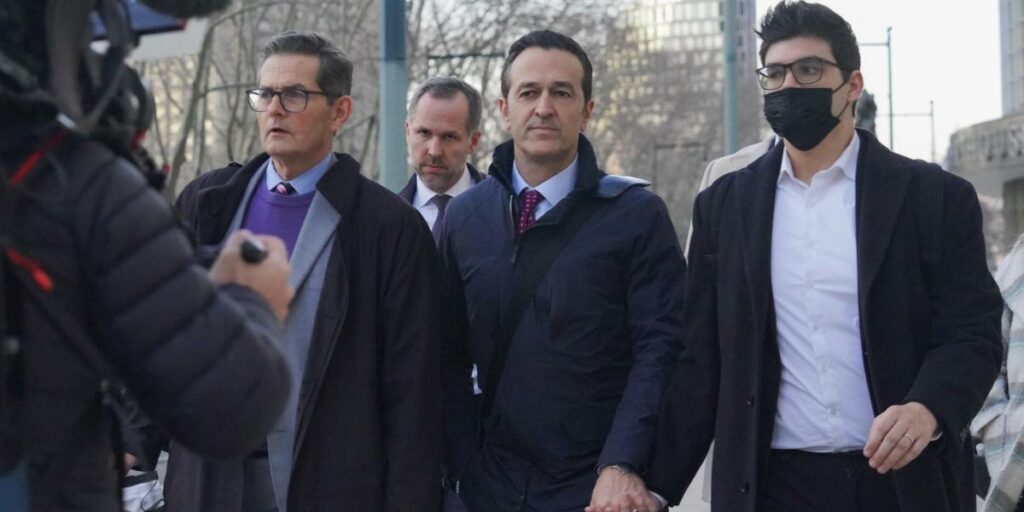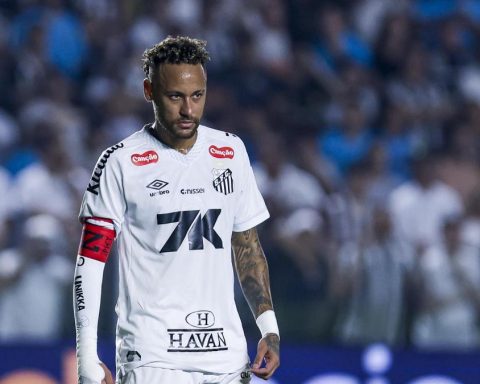Faced with the new forms of domination of the hegemonic countries, which attack sovereign countries with sanctions and blockades, Venezuela will defeat imperialism with the only possible way: the integration of the peoples, Ecuadorian political leader Rafael Correa stressed Thursday.
This statement was made during an activity that takes place in the Plaza Bolívar in Caracas, which commemorates the Day of Bolivarian Anti-imperialism, as Venezuela’s moral struggle against the interference of the United States through the implementation of sanctions and coercive measures.
“Today we have new forms of imperialism to submit to, today we have the dominance of the largest empire that has ever existed in the history of humanity, that empire is the capital, the neoliberalism with which they want to convince us with their narrative of interests in the great capital,” he said.
For Correa, these hegemonic countries seek, with the dictatorship of the markets, to subdue societies, “with a narrative of every man for himself. They want to convince us of irrationalism, it is what suits the strongest”.
Likewise, he stressed that neoliberalism always coincides with their interests, what they say is what suits them.
“Contrary to the ideas of those of us who proclaim a fairer system, of those of us who speak of the common good, of those of us who speak of socialism,” he added.
In short, the people must be alert because “they have stolen our common senses and make us believe that the capitalist civilization is the real civilization. Through an ideology disguised as science, they intend to seize international public law, in which not being a capitalist is little less than being a criminal.
Integration
Correa stressed that the imperialist countries “have managed to create a hegemonic system in all areas, and in this case, a country that tries to challenge that system alone is practically suicide, therefore the formula against this is: integration.”
Satisfactorily Simón “Bolívar knew how to understand the importance of the integration of peoples 200 years ago.”
He explained that within the framework of this new imperialism, which is no longer colonization but a whole civilizing framework, the Obama Decree against Venezuela is issued. “Dire executive order that, among other aberrations, is justified by qualifying Venezuela as an unusual and extraordinary threat.”
“This abuse of the right, rather the destruction of the right, has had very serious effects for Venezuela,” he added.
sanctions
During the meeting with Venezuelan authorities, and eight years after the start of the sanctions against Venezuela, Rafael Correa denounced the 929 coercive and unilateral measures imposed against the country.
Sanctions and blockades have prevented Venezuela from having access to international markets, which has stopped a large amount of money from entering the country, Correa said.
“Everything began to deteriorate, they prevented Venezuela from accessing financing, on the contrary they demanded the payment of the debts acquired and the decline of the oil industry began,” he said.
Correa affirmed that the global hypocrisy is incredible in the face of this situation experienced in Venezuela, it is so improbable, he said, while stressing that no country in the Americas would have withstood a shock of this nature.
Venezuela: unusual and extraordinary resistance
However, Venezuela has been synonymous with unusual and extraordinary resistance, managing to get out of all those sanctions and also grow economically.
“When a country receives an imperial action it is because the Armed Forces of that country do not dominate, that is why the countries attacked are like Cuba, Nicaragua and Venezuela,” he said.
He emphasized that it is necessary to continue the process of economic growth, generating foreign currency.
Tribute to the man who woke up the people
At the beginning of the activity, which was held in the Plaza Bolívar in Caracas, William Castillo, anti-blockade vice minister, indicated that this day pays tribute to the man who woke up this town, to the defender of the peoples, of Bolívar and Martí, the leader of the Bolivarian Revolution, Hugo Chávez.
Likewise, in the conversation the first vice president of the United Socialist Party of Venezuela, Diosdado Cabello, and the president of the National Assembly, Jorge Rodríguez, had speeches.
Yellow House Tour
Hours earlier, at the Antonio José de Sucre Foreign Ministry headquarters, Casa Amarilla in Caracas, Rafael Correa made a historical tour of the unilateral coercive measures imposed on Venezuela by the United States eight years ago.
The Executive Vice President of the Republic, Delcy Rodríguez; the first vice president of the United Socialist Party of Venezuela (PSUV), Diosdado Cabello; the chancellor of the Republic, Yván Gil, together with other authorities and international delegations that visit the country as part of the 10th anniversary of the planting of Commander Chávez.
Visitors and authorities observed the detailed exhibition with figures on financial aggression and its impact on the Venezuelan people.
Each stand highlights the time line since the attacks against Venezuela began, in 2013 after the death of Commander Hugo Chávez.
You can also see images of the terrorist actions called guarimbas, led by the opposition in 2014; and the sanctions imposed by former US President Barack Obama in 2015.
This March 9 marks the Day of Bolivarian Anti-imperialism, as a moral struggle of Venezuela against the interference of the United States.
